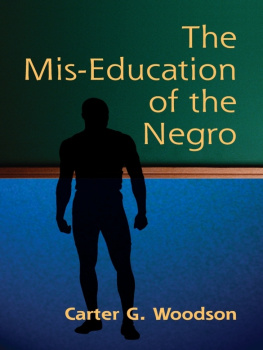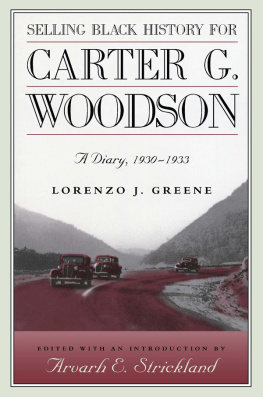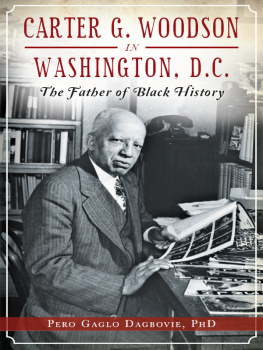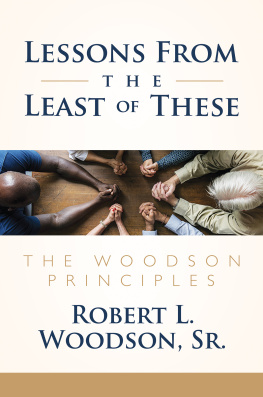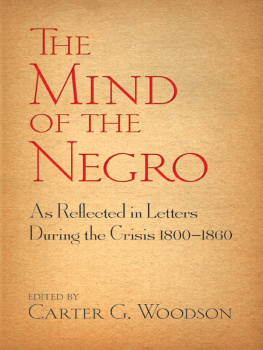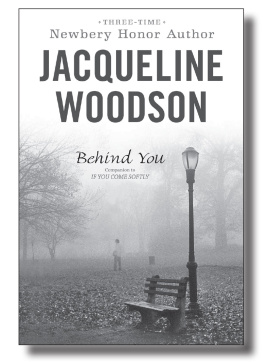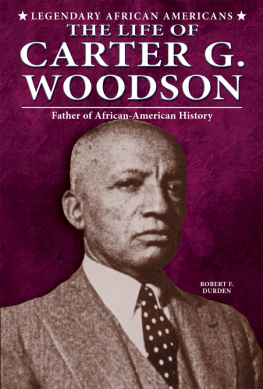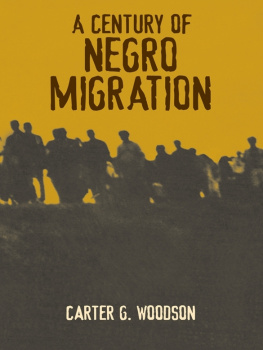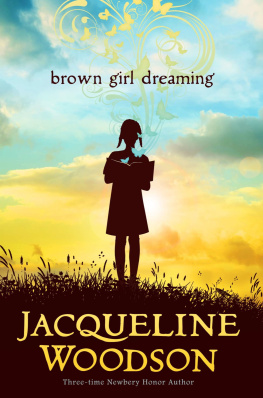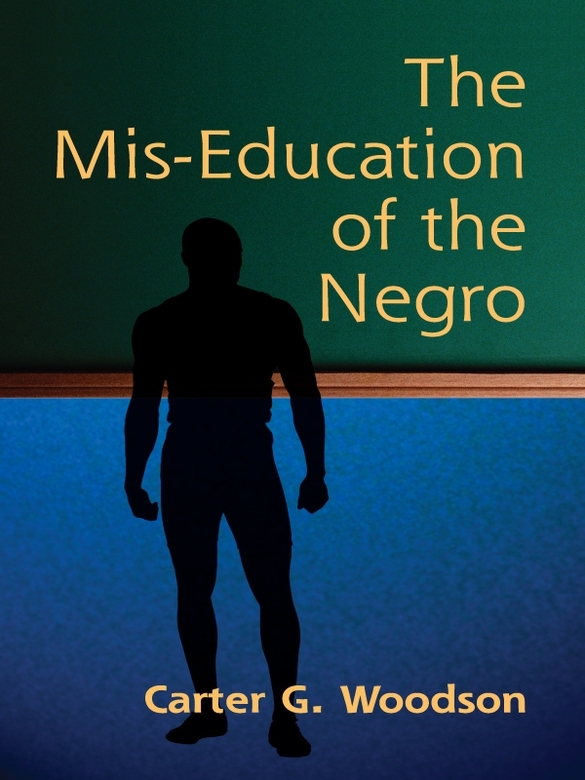Much Ado About a Name
A PARTICIPANT who recently attended an historical meeting desired to take up the question as to what the race should be called. Africans, Negroes, colored people, or what? This is a matter of much concern to him because he hopes thereby to solve the race problem. If others will agree to call Negroes Nordics, he thinks, he will reach the desired end by taking a short cut.
This may sound all but insane, but there are a good many highly educated Negroes who believe that such can be accomplished by this shift in terminology; and they have spent time and energy in trying to effect a change. Many of this class suffer mentally because of the frequent use of offensive expressions in addressing Negroes. When dealing with them, then, one has to be very careful. For this reason our friends in other races have to seek guidance in approaching us. For example, Lady Simon, the wife of Sir John Simon of the British Cabinet, has recently asked an American Negro what his people prefer to be called; and later in England she took up the same matter with another member of this race. Being an advocate of freedom, she has written considerably to advance its cause. She would not like to use in her works, then, an expression which may hurt some ones feelings.
Although a student of social problems, this learned woman cannot fathom this peculiar psychology. Americans, too, must confess the difficulty of understanding it, unless it is that the highly educated Negro mind tends to concern itself with trifles rather than with the great problems of life. We have known Negroes to ask for a separate Y.M.C.A. or Y.W.C.A., a separate church or a separate school, and then object to calling the institution colored or Negro . These segregationists have compromised on principle, but they are unwilling to acknowledge their crime against justice. The name, they believe, will save them from the disgrace.
It does not matter so much what the thing is called as what the thing is. The Negro would not cease to be what he is by calling him something else; but, if he will struggle and make something of himself and contribute to modern culture, the world will learn to look upon him as an American rather than as one of an undeveloped element of the population.
The word Negro or black is used in referring to this particular element because most persons of native African descent approach this color. The term does not imply that every Negro is black; and the word white does not mean that every white man is actually white. Negroes may be colored, but many Caucasians are scientifically classified as colored . We are not all Africans, moreover, because many of us were not born in Africa; and we are not all Afro-Americans, because few of us are natives of Africa transplanted to America.
There is nothing to be gained by running away from the name. The names of practically all races and nations at times have connoted insignificance and low social status. Angles and Saxons, once the slaves of Romans, experienced this; and even the name of the Greek for a while meant no more than this to these conquerors of the world. The people who bore these names, however, have made them grand and illustrious. The Negro must learn to do the same.
It is strange, too, that while the Negro feels ashamed of his name, persons abroad do not usually think of it in this sense. One does find in Europe a number of West Indian and American Negroes of some Caucasian blood, who do not want to be known as Negroes. As a rule, however, a European of African Negro blood feels proud of this racial heritage and delights to be referred to as such. The writer saw a striking case of this in London in the granddaughter of a Zulu chief. She is so far removed from the African type that one could easily mistake her for a Spaniard; and yet she thinks only for her African connection and gets her inspiration mainly from the story of her people beyond the Pillars of Hercules.
The writer was agreeably surprised a few days later, too, when he met a prominent Parisian with the same attitude. He has produced several volumes in which he champions the cause of the Negro because he has in his veins the same blood. A well-to-do European woman, the daughter of a Dutchman and an African mother, is similarly enthusiastic over her Negro blood. The first thing she mentioned in conversing with the writer was that black mother. This young woman expressed the regret that she did not have more of that color that she, too, might say, as do members of certain tribes of Africa: I am black and comely. I am black and beautiful. I am beautifully black.
These people surprise you when you think of the attitude of many American Negroes on this question. These race-conscious people can think, but it is seldom that the American Negro indulges in such an exercise. He has permitted other people to determine for him the attitude that he has toward his own people. This means the enslavement of his mind and eventually the enslavement of his body.
Some Europeans rather regard the word Negro as romantic. Going now along the streets of Paris, one will see advertised such places as lElan Noir, and the Caf au Ngre de Toulouse. In one of these cases the writer was especially attracted by the Choppe du Ngre and took dinner there one day. The cuisine was excellent, the music rendered by the orchestra was charming, and a jolly crowd came to enjoy themselves. However, he was the only Ngre there.
Walking along a street in Geneva not long ago, the writers attention was attracted to something of the sort, which is still more significant. It was a wholesale coffee house called A La Case de lOncle Tom. He entered and asked: Why did you give this store such a name? The proprietress laughed and explained that her grandfather, Franois Prudhom, who had read Uncle Toms Cabin and had been deeply impressed thereby, selected this name for the store when he established it in 1866.
The Value of Color
Not long ago the writer saw on a street car one of the prettiest women in the world. She was a perfectly black woman becomingly dressed in suitable gray and modest adornments which harmonized with her color. She was naturally a commanding figure without any effort to please others, for her bearing was such that she would not fail to attract attention. He could not restrain himself from gazing at her; and, looking around to see whether others were similarly concerned, he found the whites in the car admiring her also, even to the point of commenting among themselves.
This womans common sense, manifested in knowing how to dress, had made her color an asset rather than a liability. The writer easily recalled, then, that tribe in Africa that feels unusually proud of being black. We are told that they are so anxious to be black that if they find one of the group with a tendency to depart the least from this color they go to the heart of nature and extract from it its darkest dye and paint therewith that natives face that he may continue perfectly black.
Here in America, however, we are ashamed of being black. So many of us who are actually black powder our faces and make ourselves blue. In so doing we become all but hideous by the slavish aping of those around us in keeping with our custom of imitation. We fail to take ourselves for what we are actually worth, and do not make the most of ourselves.
We show lack of taste in the selection of our dress. We long for what others wear whether it harmonizes with our color or not. They have given particular attention to design with respect to their race and have written books to this effect. Thinking, however, that the Negro is not supposed to wear anything but what the poor may pick up, the artists have not thought seriously of him. Both teachers and students of nearby schools thus concerned, then, repeatedly appeal to us for help in the study of design with respect to the Negro, but we have nothing scientific to offer them. We have no staff of artists who can function in this sphere.

